FSOS stories
Family Social Science faculty have been leaders in discovering new knowledge, developing innovative research methods, and shaping the study of families and family systems in all their diverse forms. They have influenced national and state legislative policy and empowered communities to enhance their well-being. Here are a selection of stories from our files that we thought expressed the breadth, depth, and character of the Department across the years. Stories are being added continually and if you know of a story you think we should highlight, please email us at fsosinfo@umn.edu
Jean Bauer
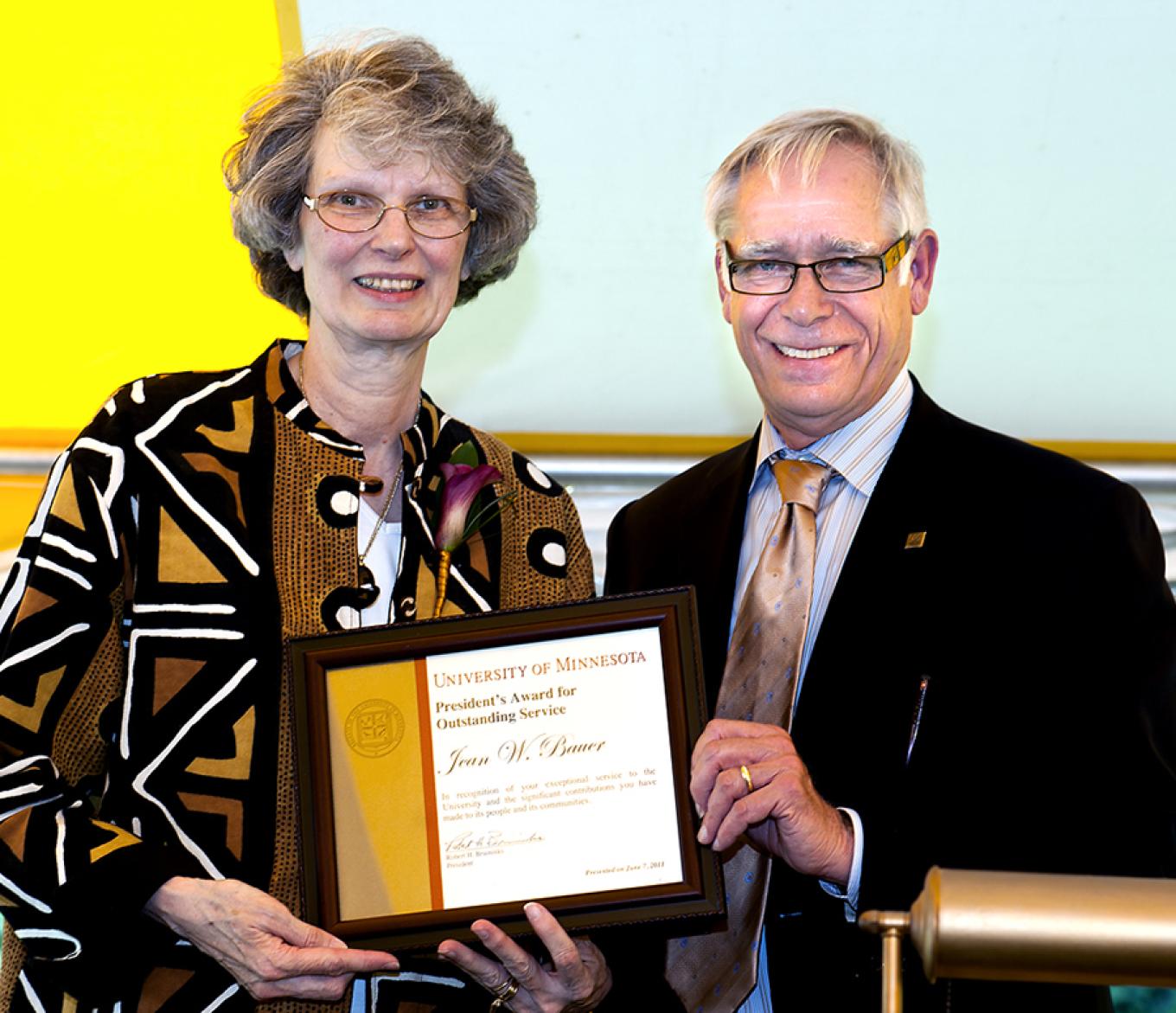
Professor Jean Bauer was honored with the U of M President's Award for Outstanding Service in 2011.

Jean Bauer joined the FSOS faculty in 1983 and was a member until her death in 2012. Throughout her career at the University of Minnesota, she was a leader, an energetic advocate for families, and mentor to numerous students and fellow faculty members. She served as director of graduate studies in Family Social Science, on the University Senate, and the Faculty Consultative Committee and was honored in 2011 with the President’s Award for Outstanding Service to the University. As an extension specialist, Bauer led outreach and education programs in family resource management, including development of Dollar Works, a nationally recognized curriculum. This story on welfare reform from the 1997 Spring/Summer issue of the FSOS newsletter, Interactions, demonstrates her energy in action.
Bauer's legacy lives on today in research and outreach performed by Joyce Serido, associate professor and extension specialist, pictured here (right) during a Mad Money Workshop on campus that was designed to build students' financial acumen and decision-making. She also shares her knowledge across a variety of University information channels.
She is a member of a team of University researchers across the country who are examining the connection between finances and well-being. APLUS: Pathways to Life Success is the first ever longitudinal study into how college educated millennials perceive financial well-being and life quality. She is also collaborating with researchers internationally to understand how the social and economic upheaval of the pandemic has impacted them.
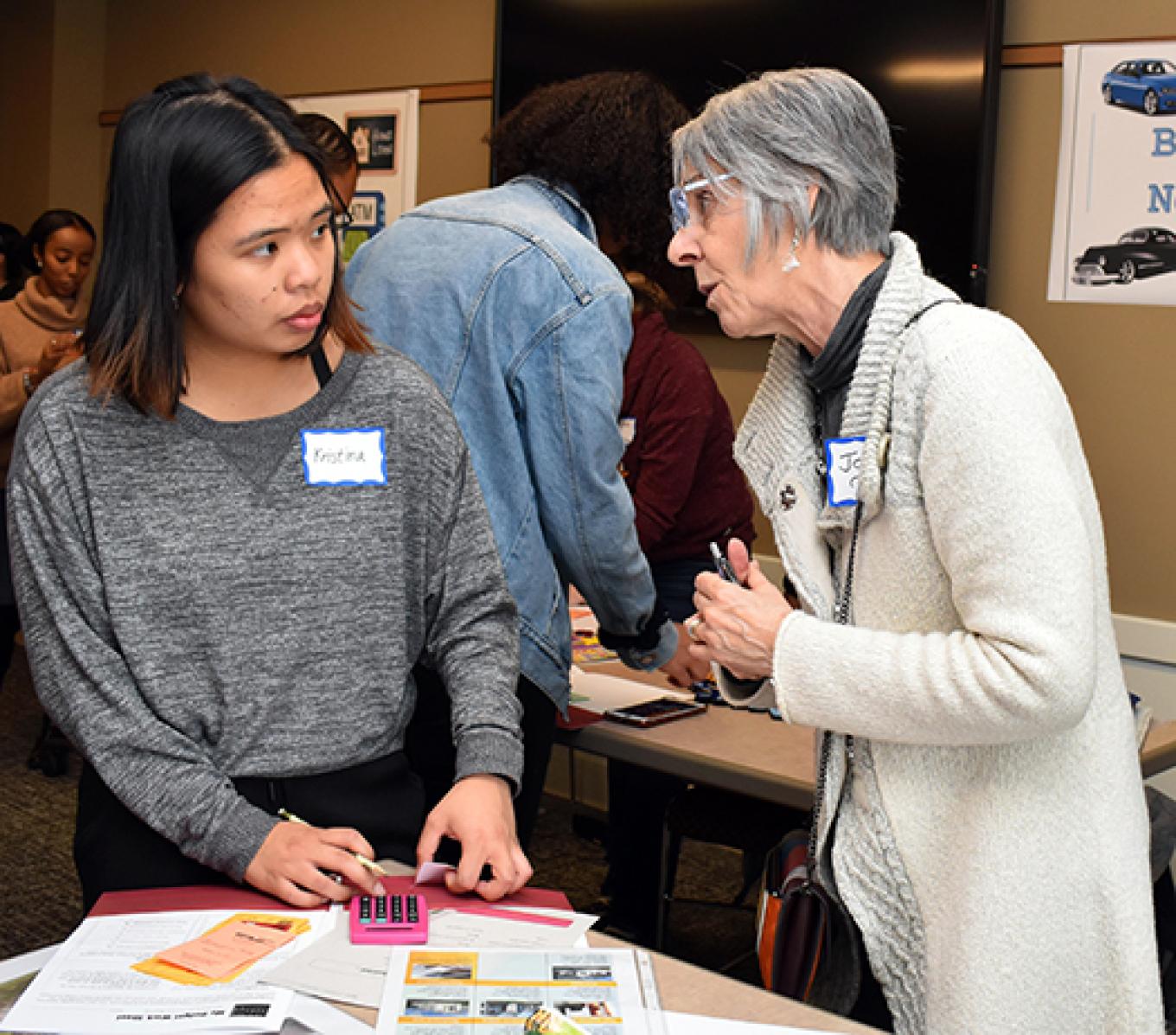
Professor Jean Bauer was honored with the U of M President's Award for Outstanding Service in 2011.

Wayne Caron
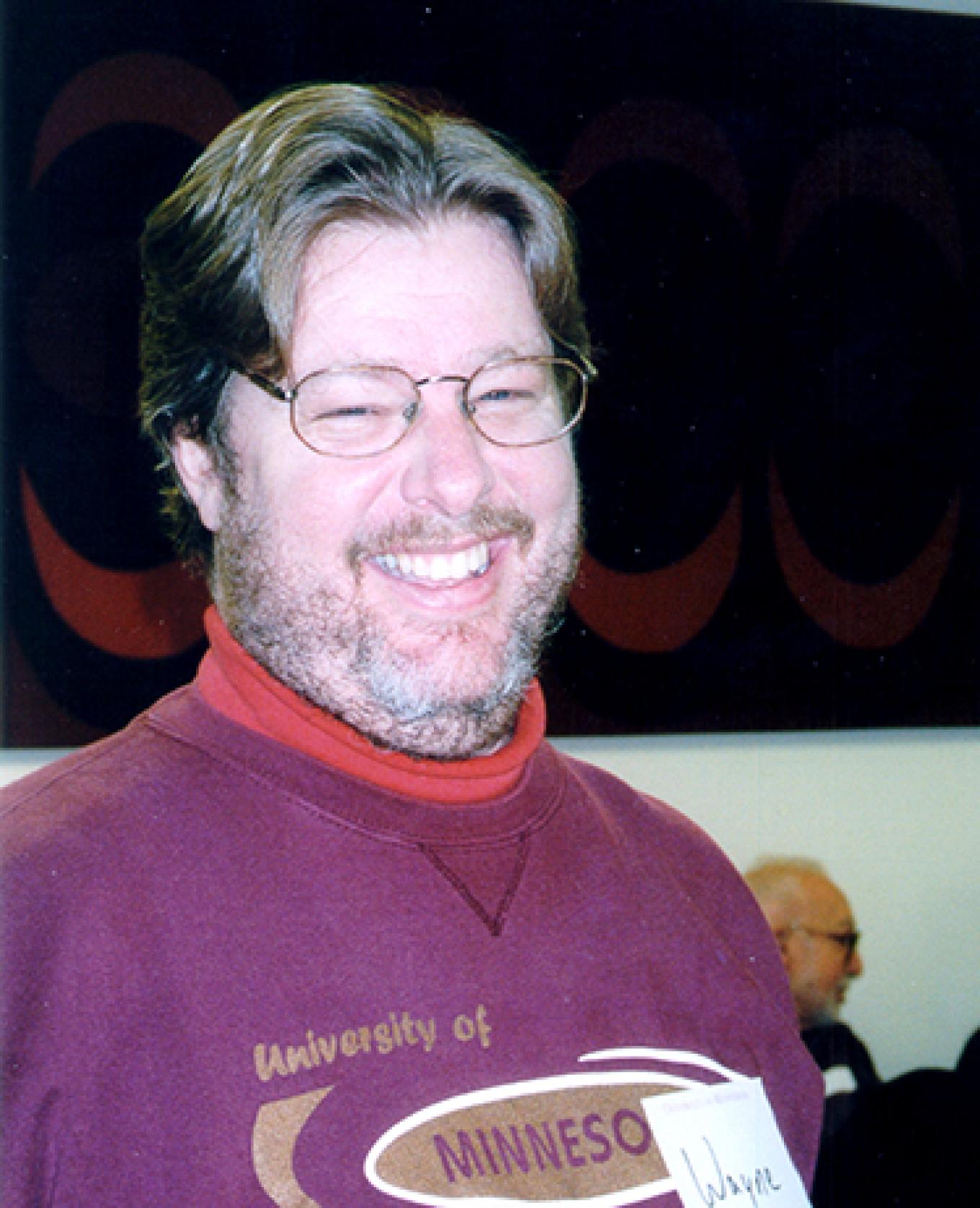
Wayne Caron

Wayne Caron was an active therapist, researcher, and author who also held positions in geriatrics in the University’s Medical School, School of Public Health, and School of Nursing. He received a bachelor’s degree in psychology from the University in 1982, and held both a master’s degree and a doctorate in family social science (PhD, 1991). He joined the FSOS faculty in 1998 and founded the Wayne Caron Family Caregiving Center, an organization dedicated to supporting family-centered care for people with dementia that operated from 1999 to 2010. He was also the driving force behind the creation of one of FSOS’s signature courses, "Intimate Relations." His achievements were recognized with the College of Human Ecology's Excellence in Outreach/Engagement Award (2003) and the McFarland Outstanding Teaching Award (2005) as well as the Buckman Fellowship in for Leadership in Philanthropy (2004). Caron died unexpectedly in August 2007, however his legacy of keeping families strong and connected lives on. This short profile appeared in the winter 2001 issue of the Family Social Science newsletter, Interactions.
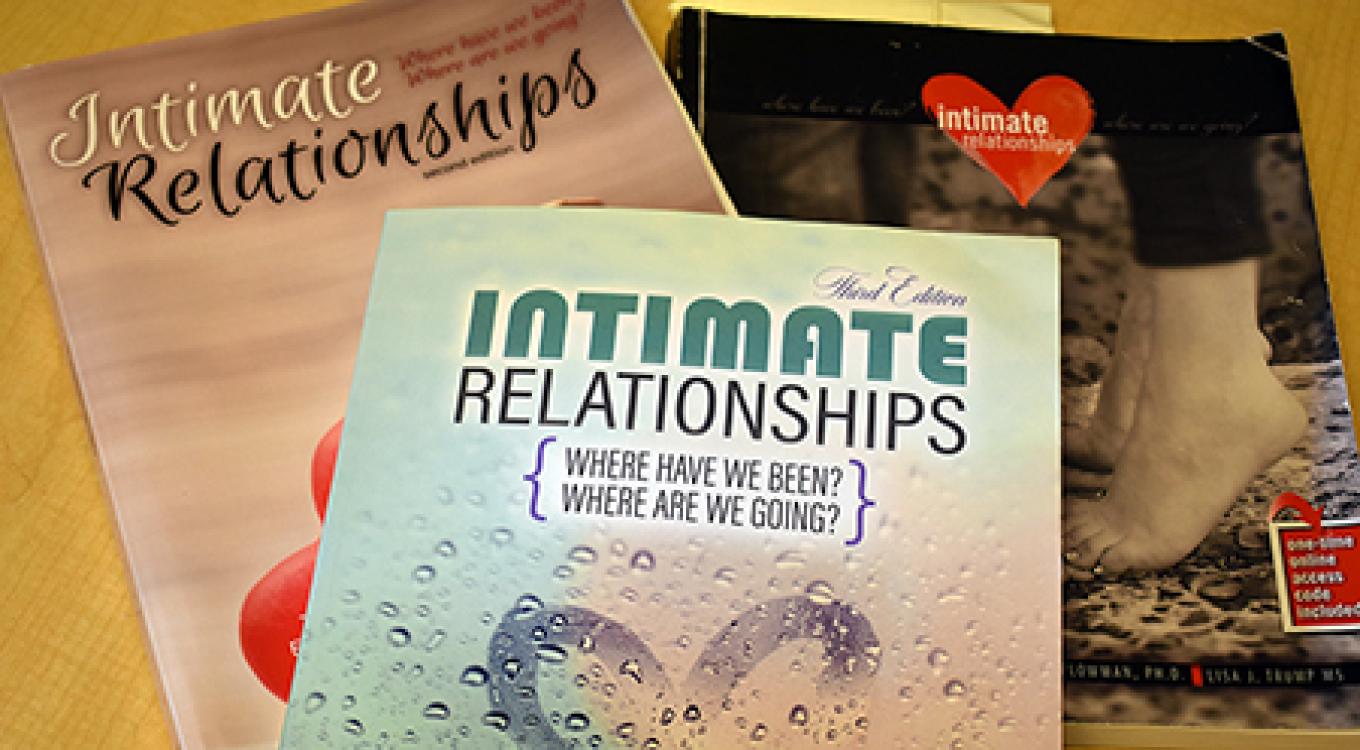
After Dr. Caron's untimely death, Tai Mendenhall, who had been one of Caron's teaching assistants as a graduate student, returned to FSOS to lead the course. He has since collaborated with graduate and undergraduate students on a textbook specifically for the class. Now it its third edition, Intimate Relationships: Where have we been? Where are we going? marries science and story to help undergraduates understand the complexity of today’s modern intimate relationships. Dr. Mendenhall described the process with his collaborators in this CEHD news blog story.
Shonda Craft
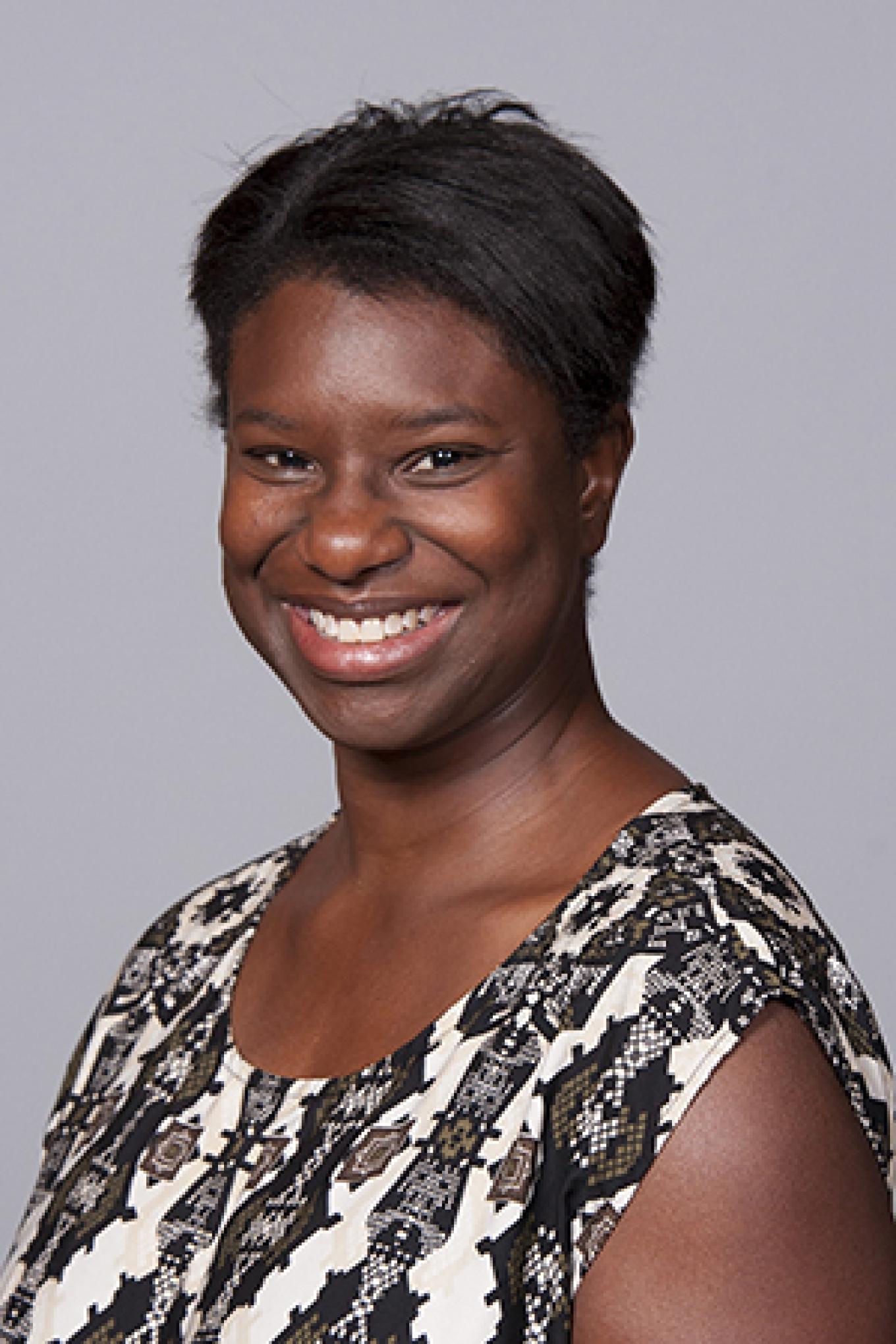
Dr. Shonda Craft

Dr. Craft, currently Dean of the School of Health and Human Services at St. Cloud State University, was a member of the FSOS faculty from 2007 to 2014. Her research focused on health disparities using community-engaged models, with an emphasis on sexual health. She partnered with Professor Bill Doherty on the Citizen Professional Center collaboration with South High School students on the Teen Pregnancy Prevention project, S.M.A.R.T. (Sexually Mature and Responsible Teens), among others. In the 2011 Winter issue of Interactions, she discussed another collaboration with residents of north Minneapolis in the wake of the 2008 foreclosure crisis.
Chalandra Bryant
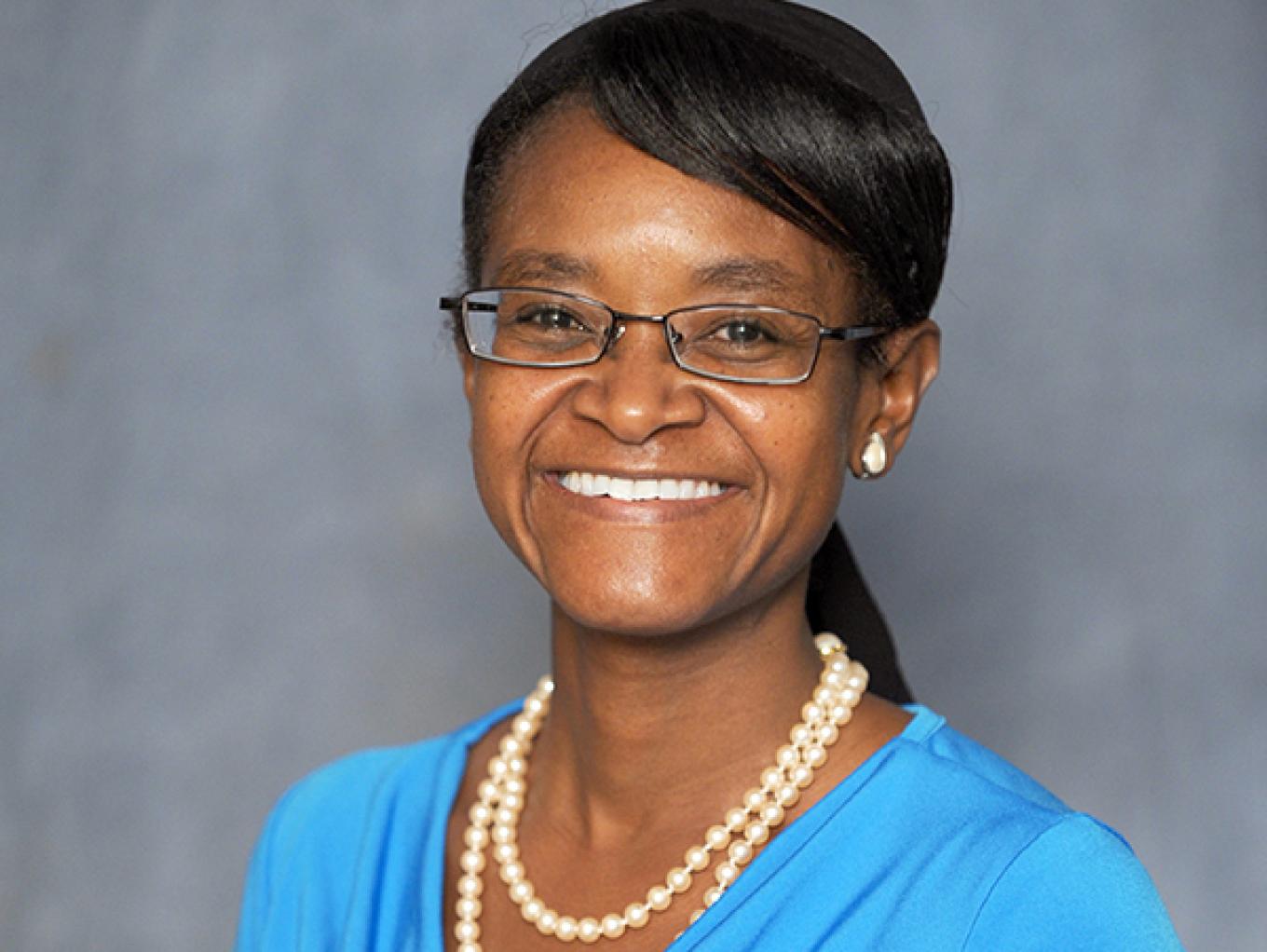
Dr. Chalandra Bryant

Dr. Chalandra Bryant continues the Department's focus on diverse families with her latest research project, funded by a grant from the Robert J. Jones Urban Research and Outreach-Engagement Center (UROC) located in north Minneapolis. She will be in the principal investigator of the community-based participatory research project, “Linking Historical Trauma, Ambiguous Loss, and Financial Decision-Making Among African American Families,” that is designed to address psychological withdrawal, racial financial trauma, and economic disparities with a focus on African American families in Minneapolis’ Northside community. She joined FSOS in fall 2020 as professor and the first Pauline Boss Faculty Fellow in Ambiguous Loss. Read the CEHD news blog story about her project or the story about her appointment.
Sharon Danes
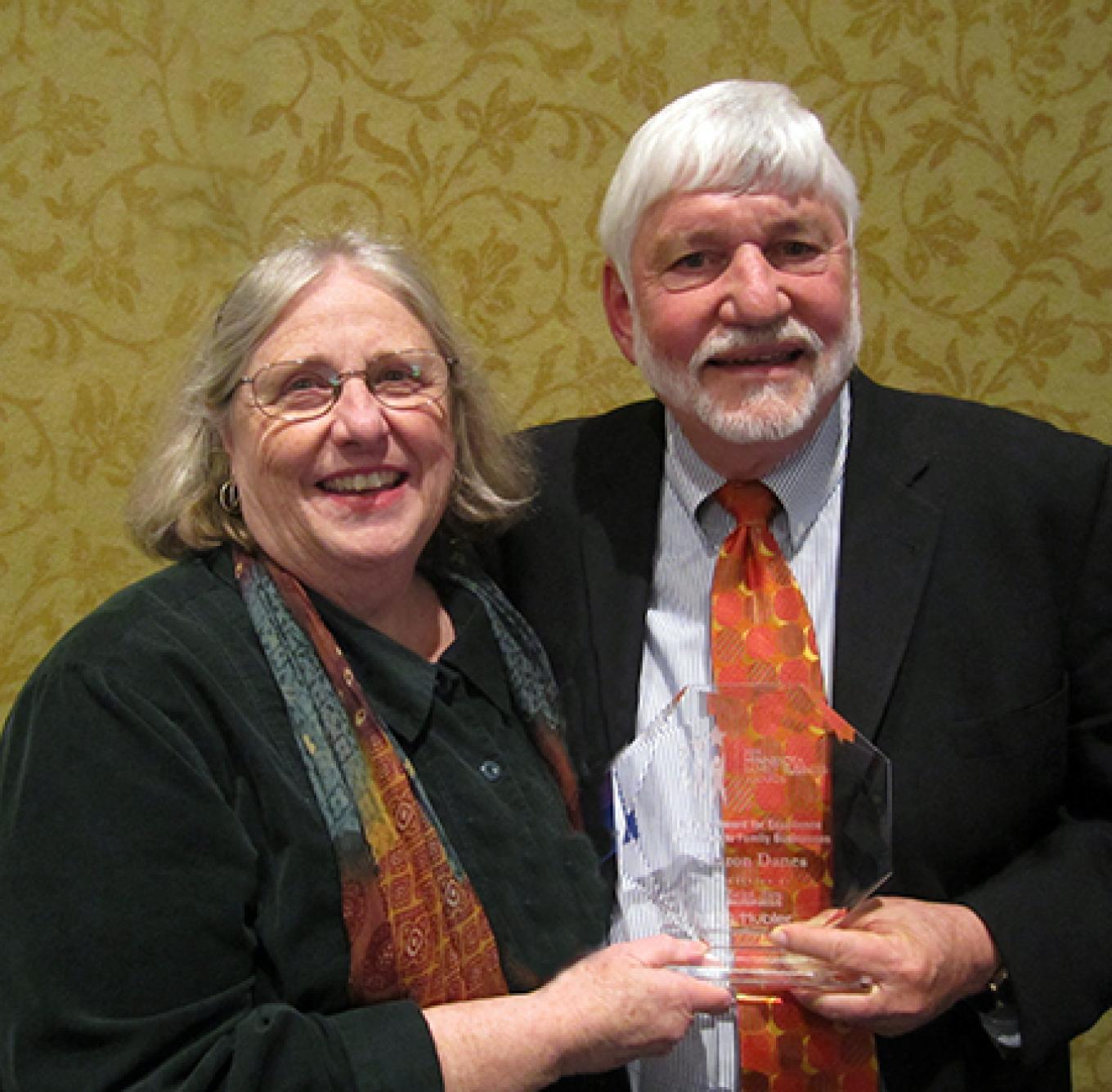
Danes is pictured here with Tom Hubler, sponsor of the Hubler Award for Excellence.

Sharon Danes joined the faculty in family social science in 1986 and has led numerous research projects at the intersection of the family and business systems and explores factors that affect the viability of family businesses; and the social and economic decision-making issues that impact families and their finances.
In 2014, she was honored with the Hubler Award for Excellence in Service to Family Businesses from the Twin Cities Business Minnesota Family Business Awards. The Fall 2011 issue of Interactions chronicles one of Danes' busy summers addressing family business issues internationally.
Solis Zuiker
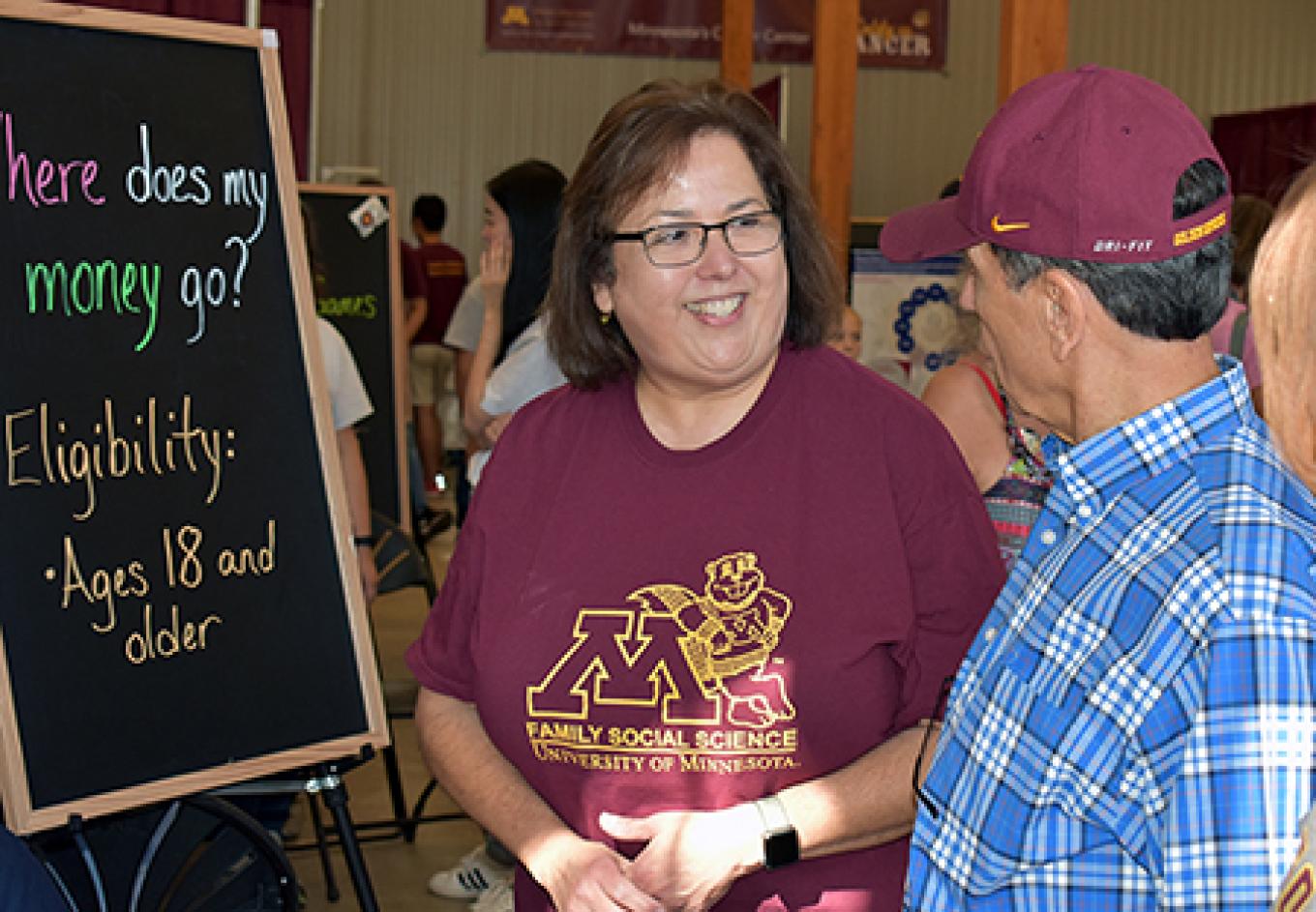
Dr. Zuiker

Studying the intersection of business and family is an area Virginia Solis Zuiker has broadened since joining FSOS in 1996. A native Texan, her research agenda delves into the unique challenges facing diverse populations. She is the author of Hispanic self-employment in the Southwest: Rising above the threshold of poverty. Her studies have examined young adults’ financial acumen and racial/ethnic differences, and the entrepreneurial experience for Mexican immigrant and US-born Mexican entrepreneurs. A certified financial counselor, Dr. Zuiker also led the initiative to add FSOS' undergraduate major to those programs approved by the Association for Financial Counseling & Planning Education. Here’s the full story.
William (Bill) Doherty
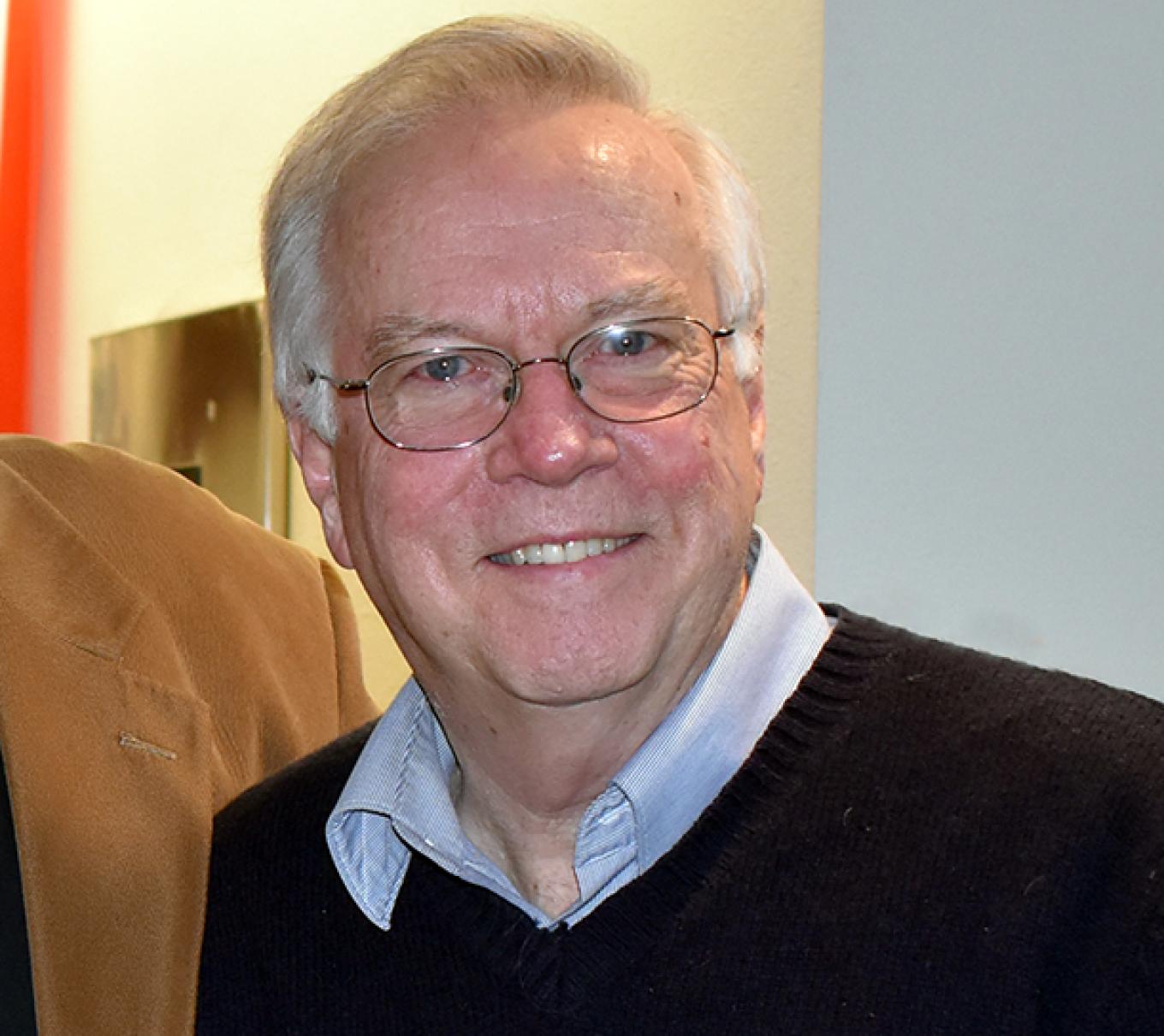
Dr. Bill Doherty

Bill Doherty joined the FSOS faculty in 1986 and is an academic leader in his field, a researcher, and family therapist. He leads the U of M's Citizen Professional Center and co-leads the Minnesota Couples on the Brink project, among others. He is the author of 12 books, past president of the National Council on Family Relations, and recipient of the Lifetime Achievement Award from the American Family Therapy Academy. With colleagues, he has developed a model of grass roots organizing among parents and other citizens around cultural, community, and health issues. He chronicled his journey in this paper (later published with minor revisions) in the Journal of Humanist Psychology, 2020.
Hal Grotevant
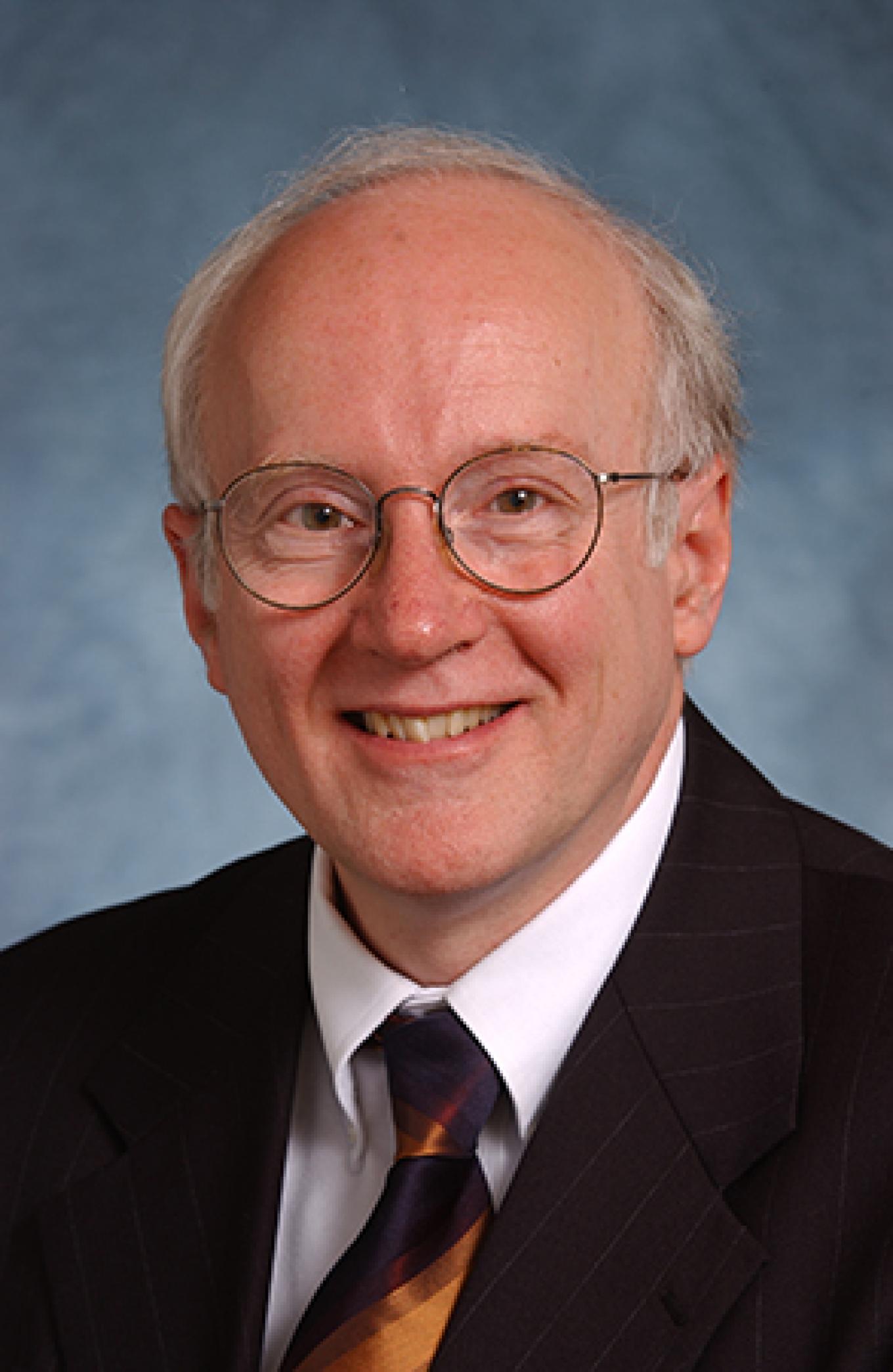
Hal Grotevant served as FSOS Department Head from 1990 to 1995 and 2001-2003.

Hal Grotevant led Family Social Science from 1990 to 1995 and again as an interim 2001-2003. In his column to readers in the Winter 1992 edition of Interactions, he outlined the budget constrictions facing the U of M and the launch of a new University-wide collaboration designed to make the most of resources to serve families and children, the All University Community Consortium on Children, Youth and Families. Now housed in Extension, the Consortium continues to serve Minnesotans by creating partnerships among community practitioners and University faculty and staff. Grotevant served on the Steering Committee that developed the Consortium. Here’s the full story.
Richard Hey
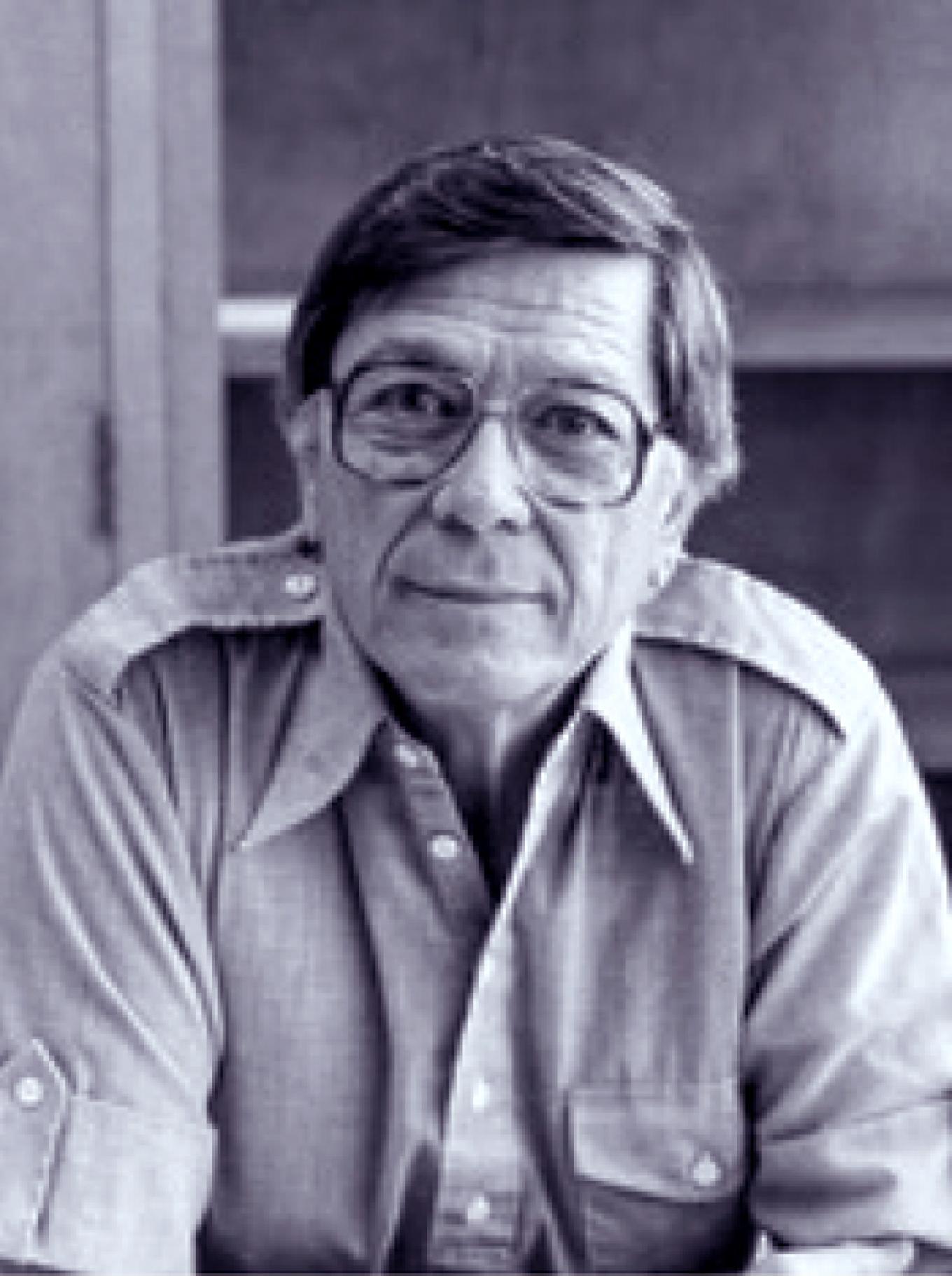
Richard Hey

The founding Chair of the Department of Family Social Science, Hey led FSOS from 1970 to 1978 and was instrumental in establishing the Department as a national leader in the field.
The winter 1995 issue of Interactions shared reflections from Department leaders on the growth of the Department. Hey shared his thoughts on the study of family as a discipline.
He died in April 2015, and CEHD Connect magazine carried this memorial.
James Maddock
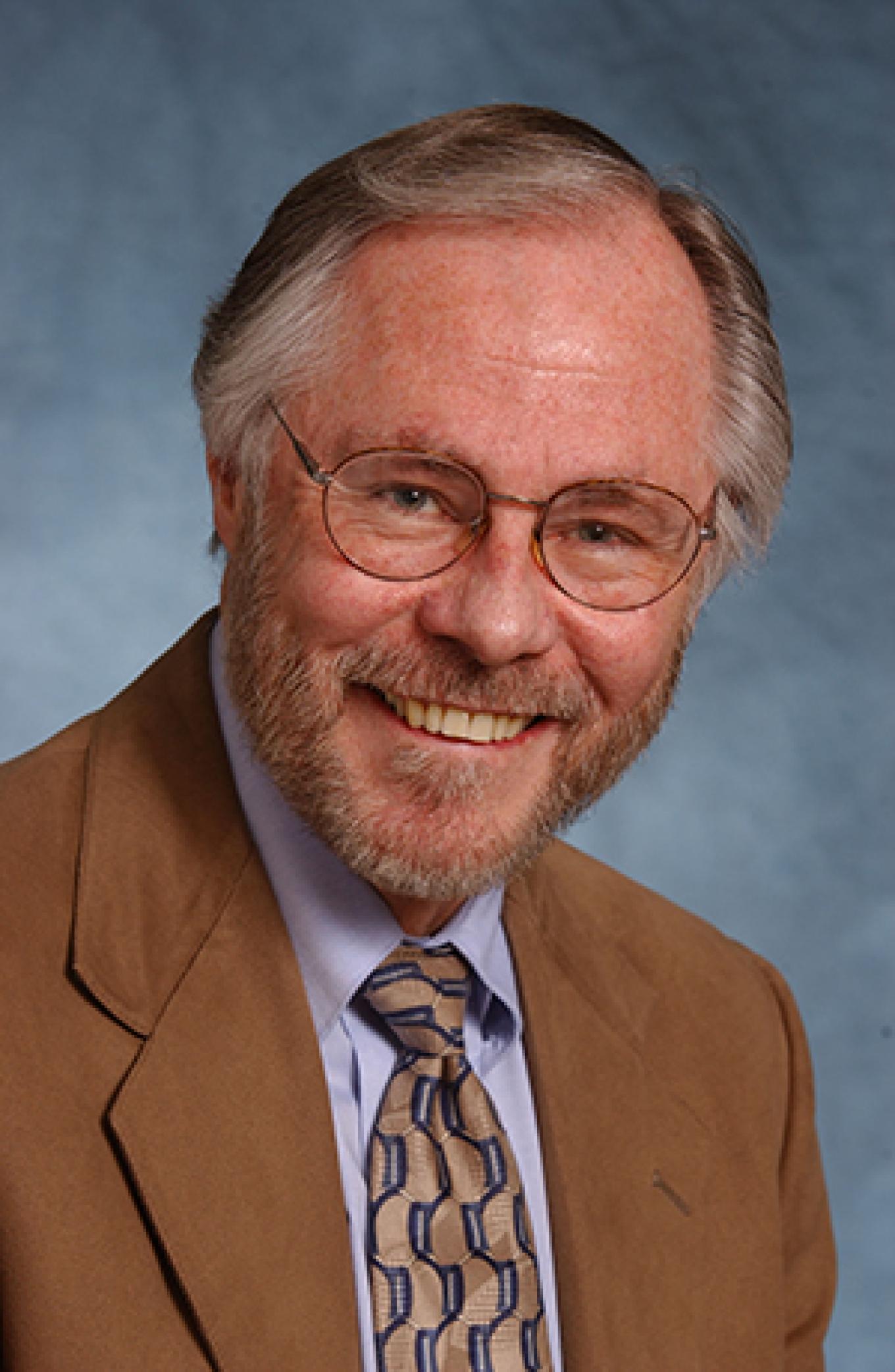
Dr. James Maddock.

Dr. James Maddock was among the founders of the department as it exists today in McNeal Hall, joining the Department in 1986. He was also a founder of the University of Minnesota Medical School Program in Human Sexuality. Over his thirty-plus year career in Family Social Science, Maddock became a leader in the field of human sexuality and marriage and family therapy. He was a former president of the American Association of Sex Educators, Counselors and Therapists, and co-founder, with his wife, Noel Larson, of Meta Resources Psychotherapy and Training Institute in St. Paul. This profile was published in the spring 2001 issue of the FSOS newsletter, Interactions.
He retired with Professor Emeritus status in 2005 and died of cancer on July 18, 2009, at age 67.
David Olson
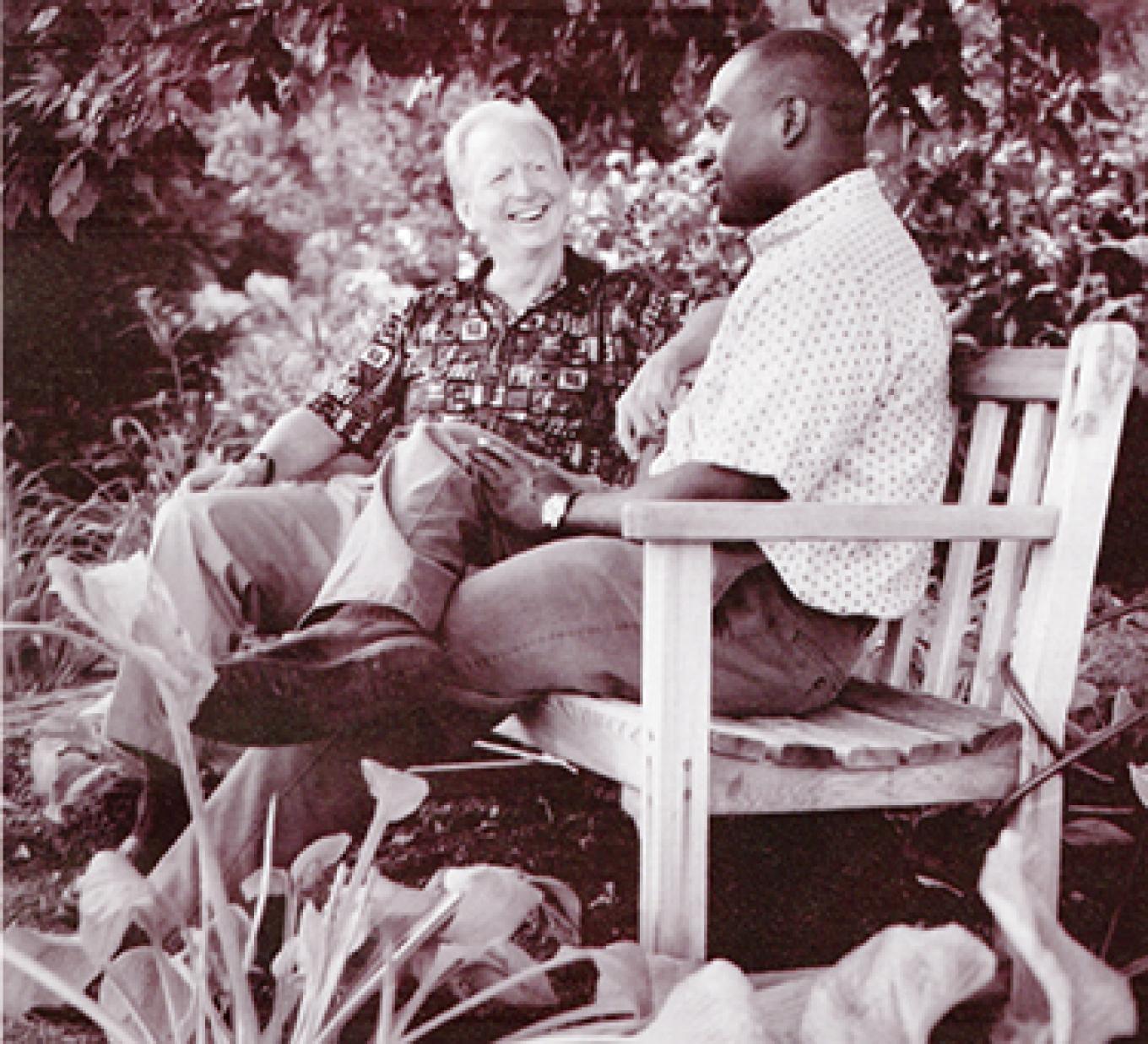
David Olson (left) with Joe Reid, doctoral student and one of his advisees.

David Olson joined the University’s Department of Family Social Science faculty in 1973, and served as Director of Graduate Programs from 1973-1987. One of the pioneers in couple and marriage therapy, Olson bridged research, theory, and practice to create the pioneering Circumplex Model, a systemic model used in a variety of settings with couples and families. The assessment provides diagnostic information that is useful for treatment planning, clinical intervention, and assessing the clinical outcome. The model has been used as the foundation for more than 1,000 research studies worldwide. He has written or edited over 20 books and published more than 100 articles as well as served on the editorial boards of six family journals. He is also founder and former CEO of Prepare/Enrich (Life Innovations), a simplified version of his assessment that has been used with millions of premarital and married couples around the globe to improve the health and resilience of their relationships. Before he retired in 2001, the College of Human Ecology's Kaleidoscope magazine profiled his impact on students, the academic community, and the field of family social science.
Kathryn Rettig
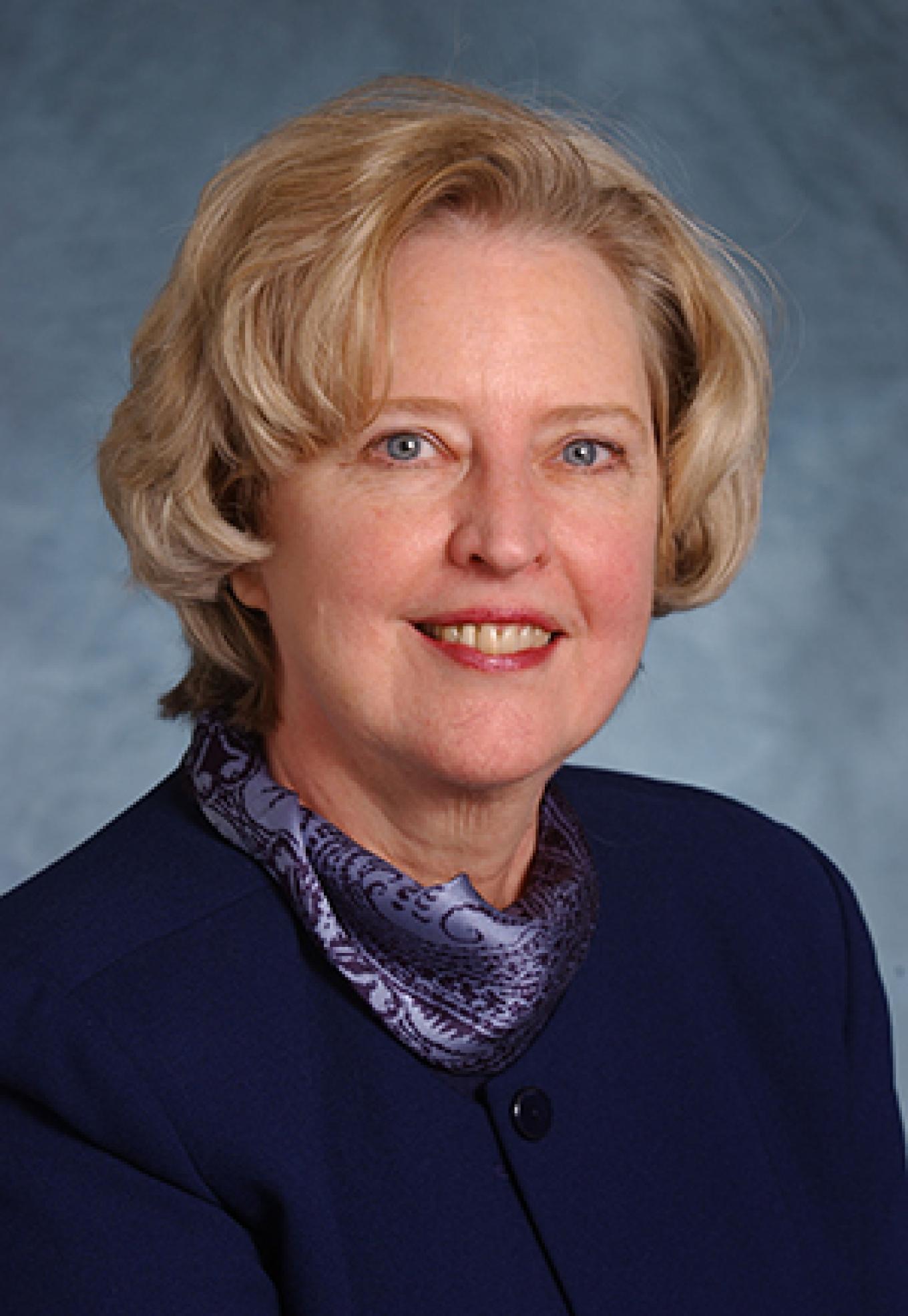
Kathryn Rettig.

Dr. Rettig joined the FSOS faculty in 1984 and was revered as a “developer of human capital.”
Her research focussed on the economic consequences of divorce for Minnesota families and the fairness of child support for children. Her work informed legislation in 1992 that established child support income guidelines and the spring 1992 issue of Interactions detailed her contributions.
Dr. Jean Bauer also wrote this tribute to Dr. Rettig when she retired in 2010. She died in 2014.
Paul Rosenblatt
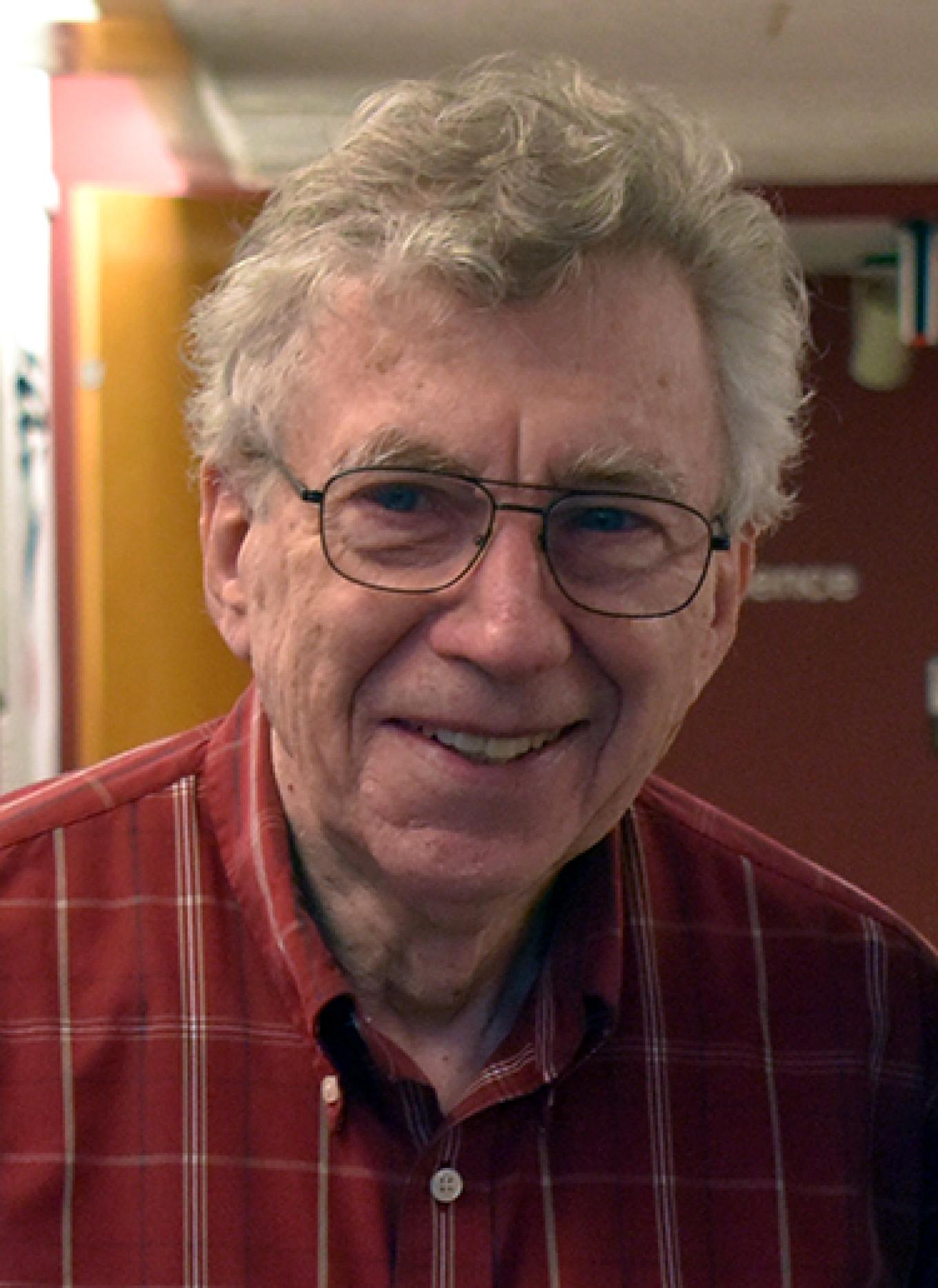
Dr. Paul Rosenblatt

Dr. Rosenblatt joined FSOS in 1969 and was one of the founding faculty members of the Department. In 1997, he was honored with the Ernest G. Osborne Award by the National Council on Family Relations as an outstanding teacher in the family field. Although he retired with professor emeritus status in 2011, he still maintains office hours and continues to research and publish. In fact, an intrepid media reporter found a U of M press release on his research on cabin fever conducted in 1981 for the CNN Health blog during the early COVID crisis. In 2006, his book, Two in a Bed: The Social System of Couple Bed Sharing, garnered quite a bit of media attention and he shared his thoughts on his "15 minutes of fame" in the Winter 2007 issue of Interactions.
Marlene Stum
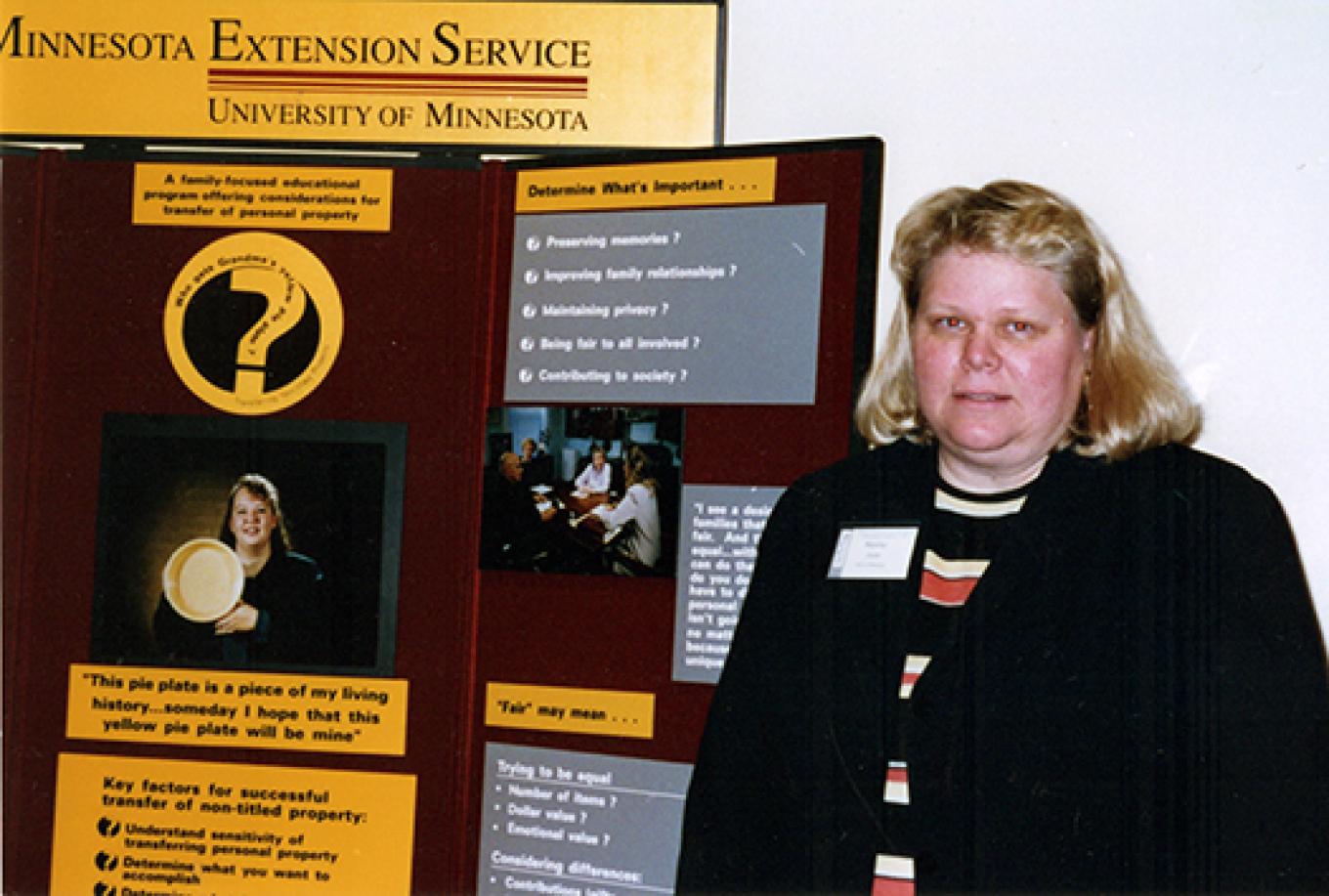
Marlene Stum with her initial poster presentation about her award-winning research, "Who Gets Grandma's Yellow Pie Plate."

Marlene Stum joined the University of Minnesota in 1988 as a professor in Family Social Science with a joint appointment to Extension. Her groundbreaking work in the areas of aging, transfer of non-titled property, long term insurance, end of life decision-making, and more recently, financial exploitation of older adults, has carved a path for others to follow. One of her first trailblazing research projects, “Who Gets Grandma’s Yellow Pie Plate,” examined the family dynamics around non-titled property – jewelry, home goods etc. It won the College of Human Ecology Award for “Contributions to Community,” the University of Minnesota Dean and Director’s Team Award, and the National Extension Association of Family and Consumer Sciences Florence Hall Award. The 1997 spring issue of Interactions featured this story from Stum about the project.
Zha Blong Xiong
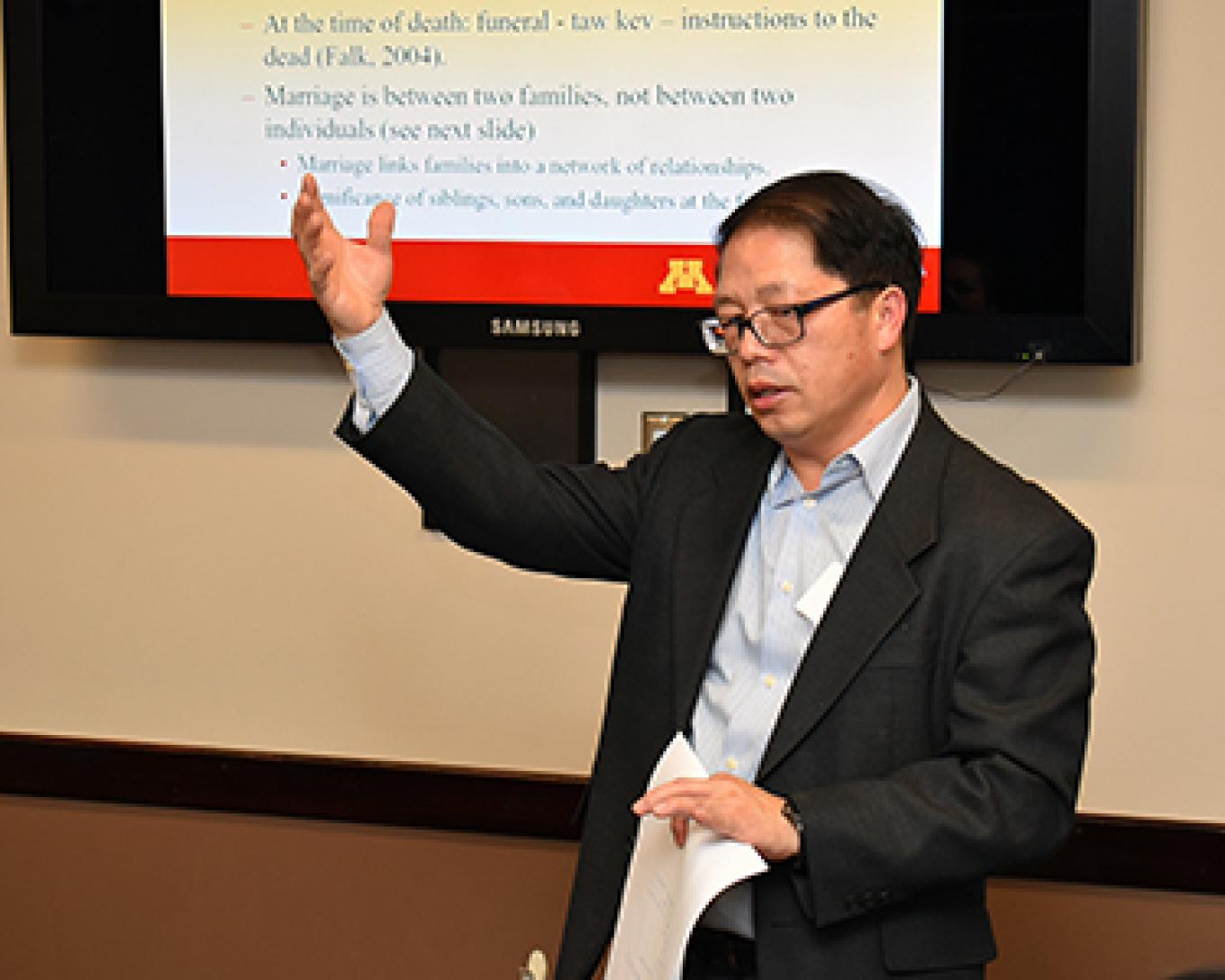
Dr. Zha Blong Xiong presenting at a UMN community partnershop conference in 2019.

Dr. Zha Blong Xiong was the first Hmong-American tenured professor at the University of Minnesota (2006), where he earned both master's and doctoral degrees in Family Social Science. A first-generation college student, Xiong has mentored numerous undergraduates in the TRIO program as well as advising graduate students. His own research includes the Hmong Children Longitudinal Study with ten charter and public schools that examines the role of social networks on the achievement gap, and women’s perceptions of divorce in the Hmong community. This profile in the fall 2008 issue of Interactions shares his journey from Vietnam to Minnesota.